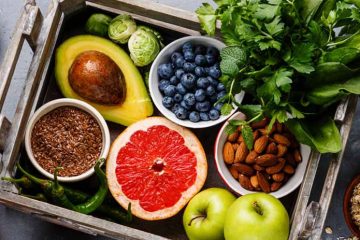The art of traditonally made foods such as cultured butter is making a comeback. Cultured butter is made by adding live cultures to cream before it is churned to make butter. The advantages of cultured butter over regular butter is that the added cultures aid digestion. The cultures also add lactic acid which can give the butter a tangier taste as well as producing a higher fat content which gives the butter a silkier texture and richer flavour.
Before the industrialisation of food production most handmade butter was made with a natural active culture. Fresh cream straight from the cows would be allowed to sit at room temperature overnight so that the cream would rise to the top and the milk settle to the bottom. This would allow the natural cultures to ferment the milk, creating a nutty and tangy cream which was then churned by hand.
Once pasteurisation of dairy products began the natural cultures were killed and our taste for tangier nuttier style butter went with it. Interestingly, in Europe the practice of adding live cultures following pasteurisation became standard practice and this is what food manufacturers (and health foodies!) are now rediscovering.
Traditionally made food such as cultured butter is something that is encouraged by a global movement called Slow Food. Slow Food was founded in Italy 1989 by Carlo Petrini and a group of activists who were concerned that local food cultures and traditions were rapidly disappearing due to massive food production. Starting small at a grass roots level, Slow Food has now grown to over 160 countries.
The Slow Food movement believes food is an integral part of life and that it influences our culture, environment, agriculture and politics. It encourages everyone to make the best food choices so collectively we can improve the way food is cultivated, produced and distributed around the world.
Fermenting your own foods such as butter, yoghurt, sauerkrauts, kombucha, kefir and sourdough bread is a great way to be part of the Slow Food movement as you are helping to preserve traditional food cultures as well as consuming foods which are flavoursome, healthy and of good quality.
If you’re interested in becoming part of the Slow Food movement you can join the Newcastle and Hunter Valley branch


